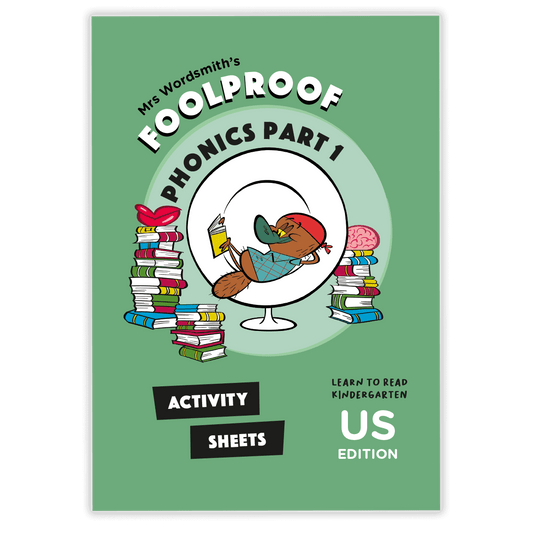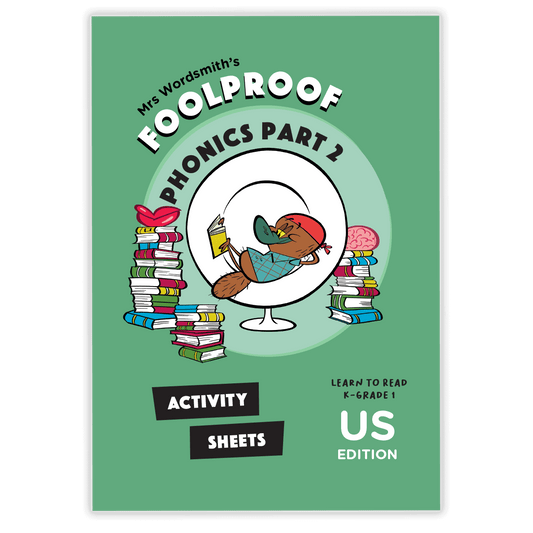Engaging narratives and relatable, larger-than-life characters are proven to be perfect vehicles for learning.
Lovable characters improve engagement with - and retention of - educational content.
- Research shows that children create strong relationships with fictional characters, which has numerous educational and psychological benefits.
- New concepts that are presented by characters are more likely to be remembered.[1]
- Helping characters complete a mission contributes to better retention of new information and even builds children’s empathy.[2]
These benefits are even stronger when characters are relatable.
- Some features that make characters relatable are having human-like qualities and needs, being realistic enough, and having predictable behavior. These features inspire feelings of comfort and warmth .[2]
Despite the research evidence, a recent review of existing educational apps for children reports that only 9.9% use characters.[3]
Learning in the context of a narrative is beneficial because it aligns with the way we perceive and interpret our experiences in the world. Narratives work as cognitive structures that help us frame and understand new information.[4] Narratives can also help contextualize abstract concepts and provide support for the acquisition of new knowledge.[5]
- Research studies have reported various specific benefits that narratives have for learning, such as grabbing the learner’s interest and attention, and being great devices for the representation and elaboration of new information.[6]













 https://mrswordsmith.com
https://mrswordsmith.com
Comment
Leave a comment